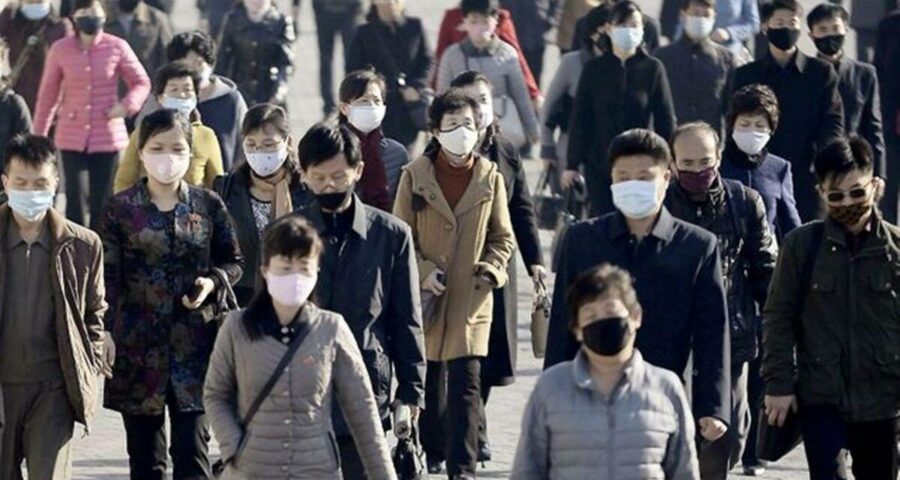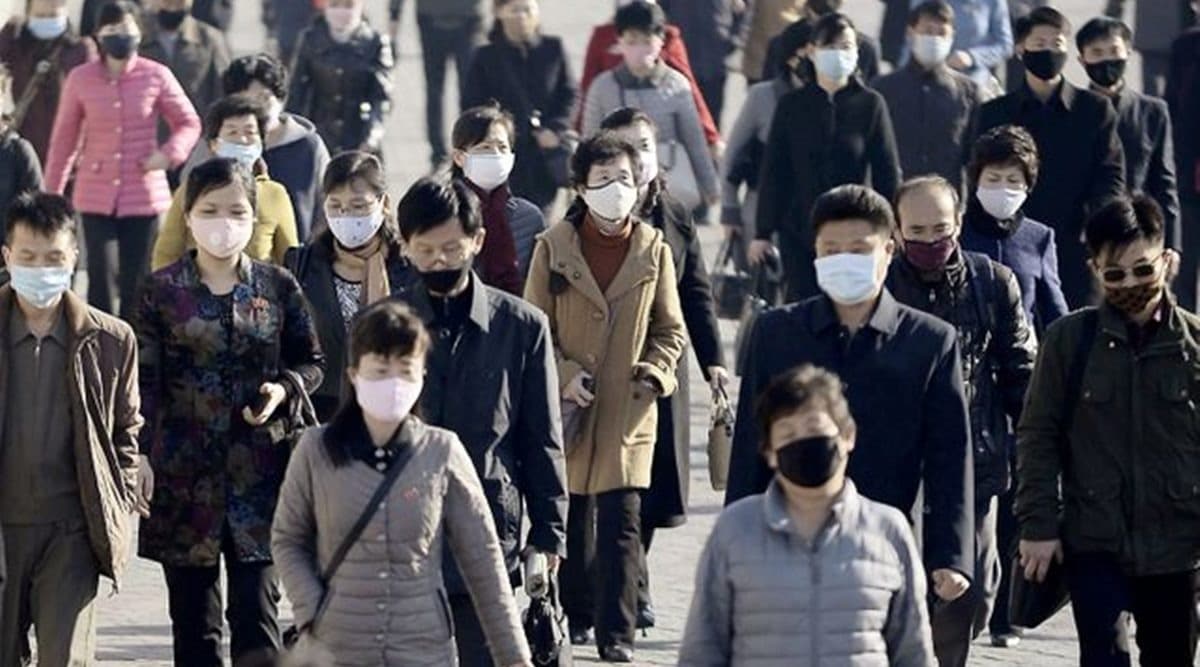Several countries have shut their foreign embassies in North Korea over the past few months. In December, the United Nations said it no longer had staff in the country.
Citing food shortages and a lack of medical aid amid one of the world’s strictest coronavirus-induced lockdowns, the Russian Embassy in North Korea on Thursday said a vast number of foreign diplomats and NGO workers had fled the country.
In a statement released on their official Facebook page, the Russian embassy described the exodus of expatriates, sparked by a severe shortage of basic goods and medical aid, as well as an “unprecedented” restriction on daily life due to coronavirus restrictions in North Korea.
“Those leaving the Korean capital can be understood,” the statement read. “Far from everyone can endure the total restrictions that are unprecedented in their severity, the acute shortage of essential goods, including medicine, the lack of opportunities to resolve health problems.”
According to the Russian embassy’s statement, there are only 290 expatriates in North Korea including nine ambassadors and four charge d’affaires. Workers with NGOs and humanitarian aid organisations have left the country.
Several other countries, including Britain, Brazil, and Germany, have also shut their foreign embassies in North Korea over the past few months, reports indicate. In December, the United Nations said it no longer had staff in the country.
In January 2020, North Korea sealed its borders to prevent Covid-19 from spreading within the country, following which diplomats and aid workers decided to leave. With very limited means of transport, in February 2021, a Russian diplomat left the country with his family on a railway trolley.
Russian Ambassador to North Korea Alexander Mastegora said grocery stores began running out of food following Pyongyang’s decision to almost entirely stop imports in September, CNN reported. The curtailment of foreign trade was a blow to North Korea’s already fragile economy, something that Kim Jong Un and other North Korean leaders’ have recognised. They have however not admitted to food shortages.
The Covid-19 restrictions might have worked for the country from a public health view, as there are no indications of a massive coronavirus outbreak. North Korea is to be allocated 1.7 million doses of the Oxford/Astrazeneca vaccine in a World Health Organization (WHO) programme.
In a report first published in The Diplomat last month, Human Rights Watch researcher Lina Yoon said she had been informed of shortages of food and basic necessities. North Korean trade with China has plunged by about 80 per cent and food and medicine imports are down to a zero as the government claims that Chinese trade could lead to infections. Severe floods have also affected agricultural production.
Source: Read Full Article


